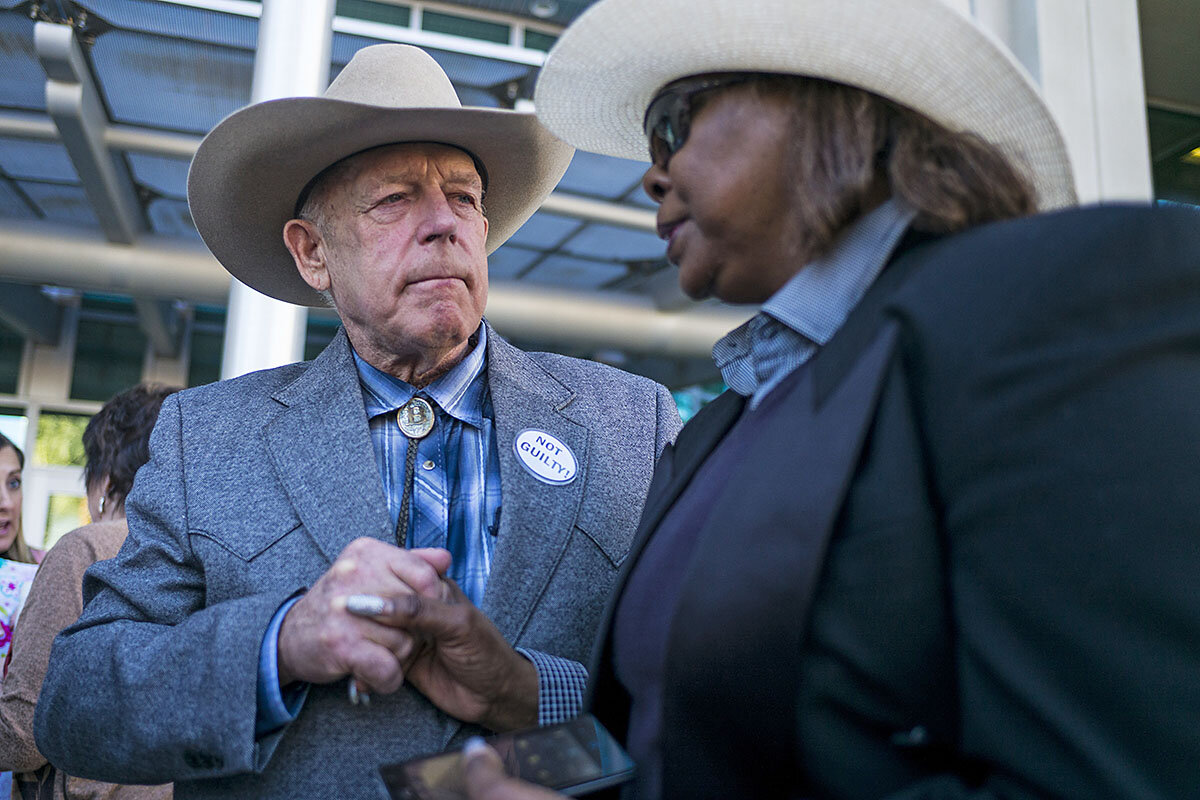The 2011 ban on congressional earmarks was intended to reduce pork spending and restore government integrity, not stymie bipartisan compromise. Is there a way to bring back earmarks, as the president suggested, without the accompanying abuse that made them synonymous with corruption?
Monitor Daily Podcast
- Follow us:
- Apple Podcasts
- Spotify
- RSS Feed
- Download
 Noelle Swan
Noelle Swan
In the United States, we’ve grown accustomed to debating how much parents should help their children succeed in school. But in much of the world, just getting kids to class demands incredible feats of perseverance.
Recent stories of children traversing treacherous routes to school have inspired those of us in the Western world who may take for granted that an education is just a bus ride or a short stroll away.
The feats are staggering: Chinese kids scaling 2,500-foot cliffs, Indian students crossing monsoon-swollen rivers, and Afghan schoolgirls navigating hostile territory where militants have splashed acid in children’s faces.
In India, one father has literally moved a mountain to ease his sons’ path to school. Jalandhar Nayak, a vegetable seller from the remote village of Gumsahi, has spent two years chipping away at a mountain with a chisel, a pickax, and a garden hoe to create safe passage for his children.
Working eight hours a day, he has cut through nearly five miles of rock.
His perseverance and dedication caught the attention of local administrators. This week, the government announced that it would compensate Mr. Nayak and complete the road – saving him three more years of digging, and putting his kids on the road to opportunity.
Now, here are our five stories highlighting compromise, accountability, and compassion.











